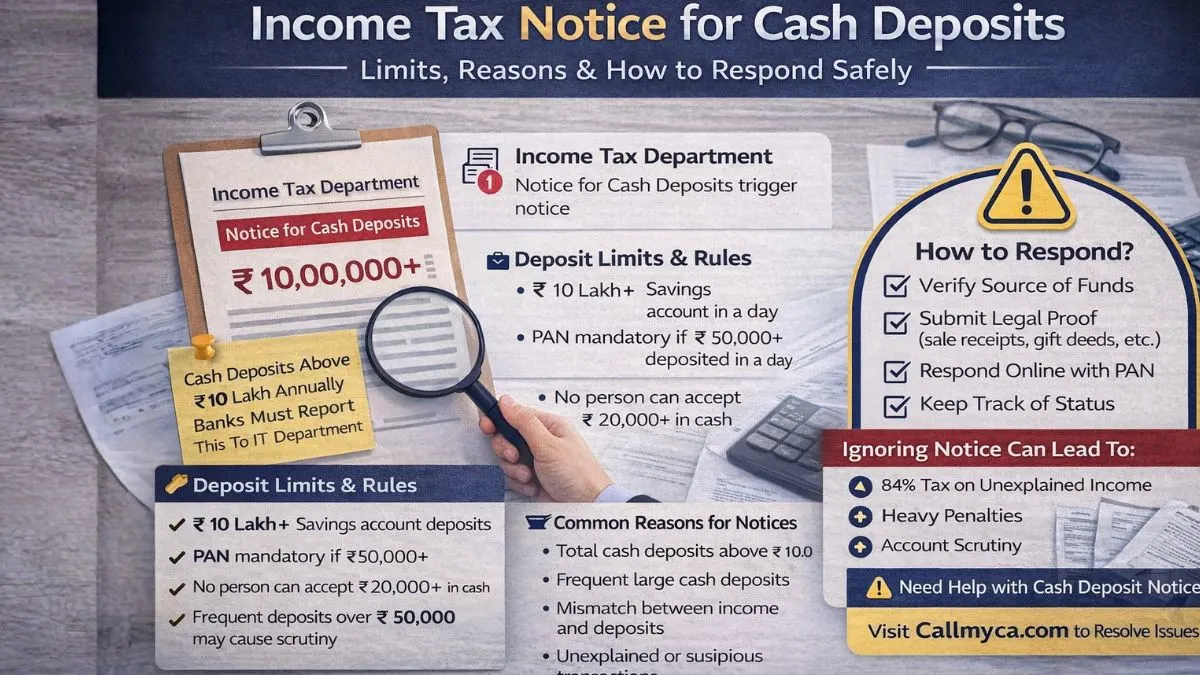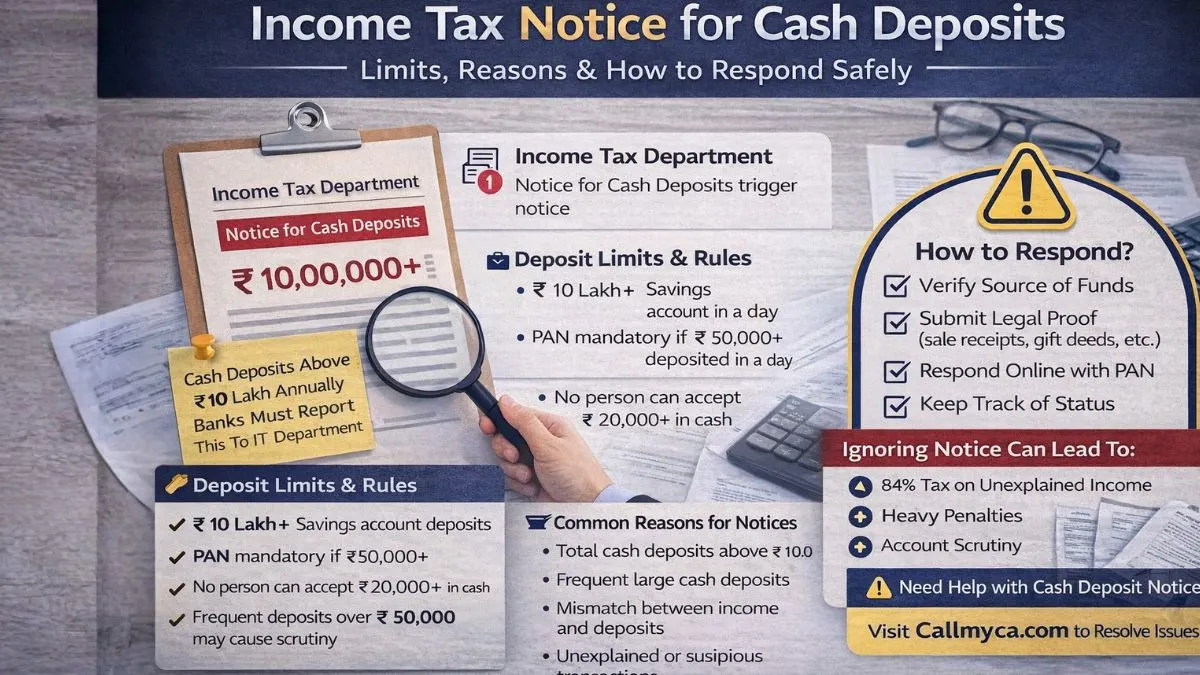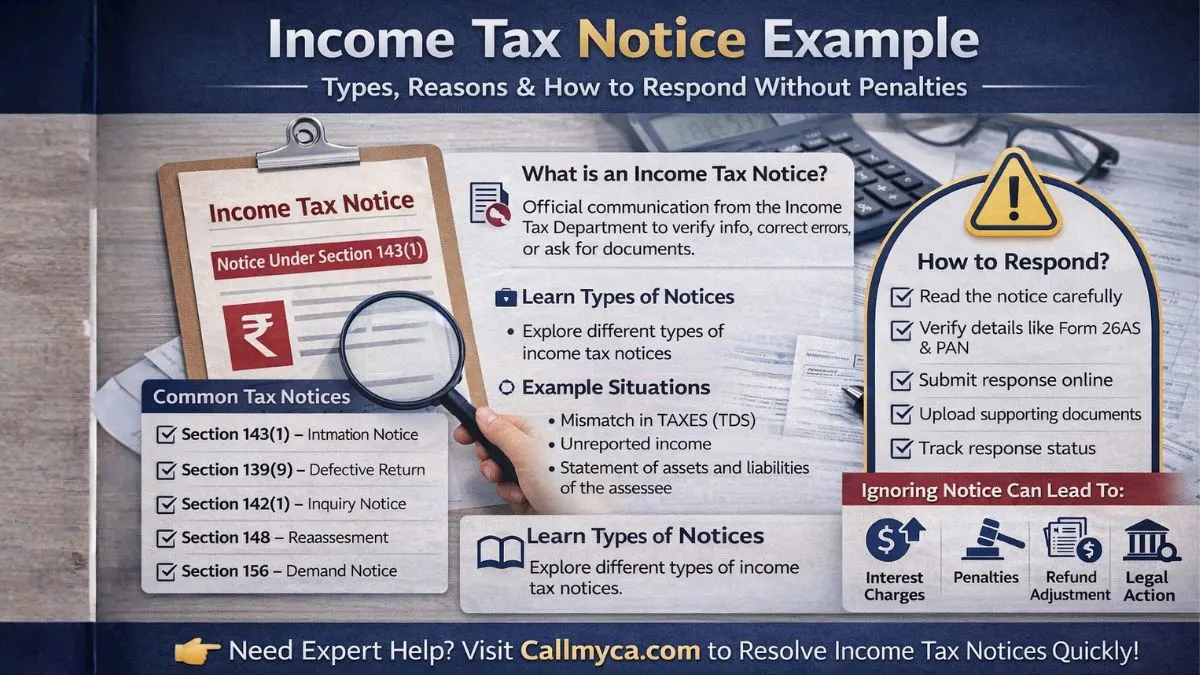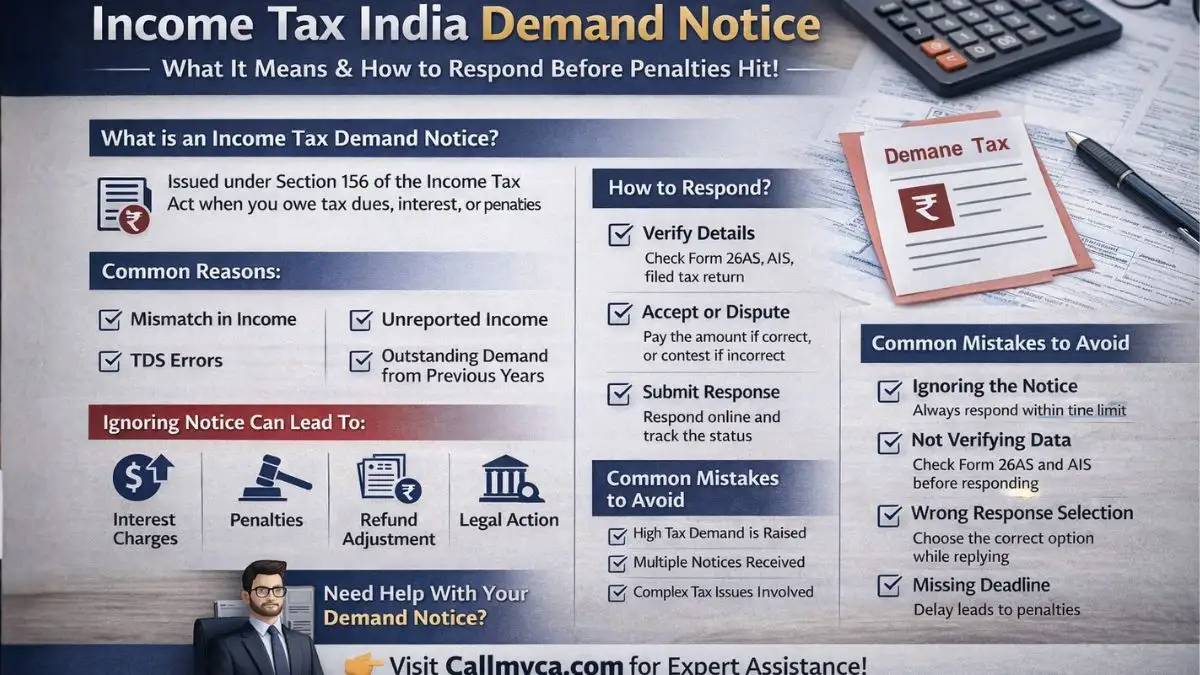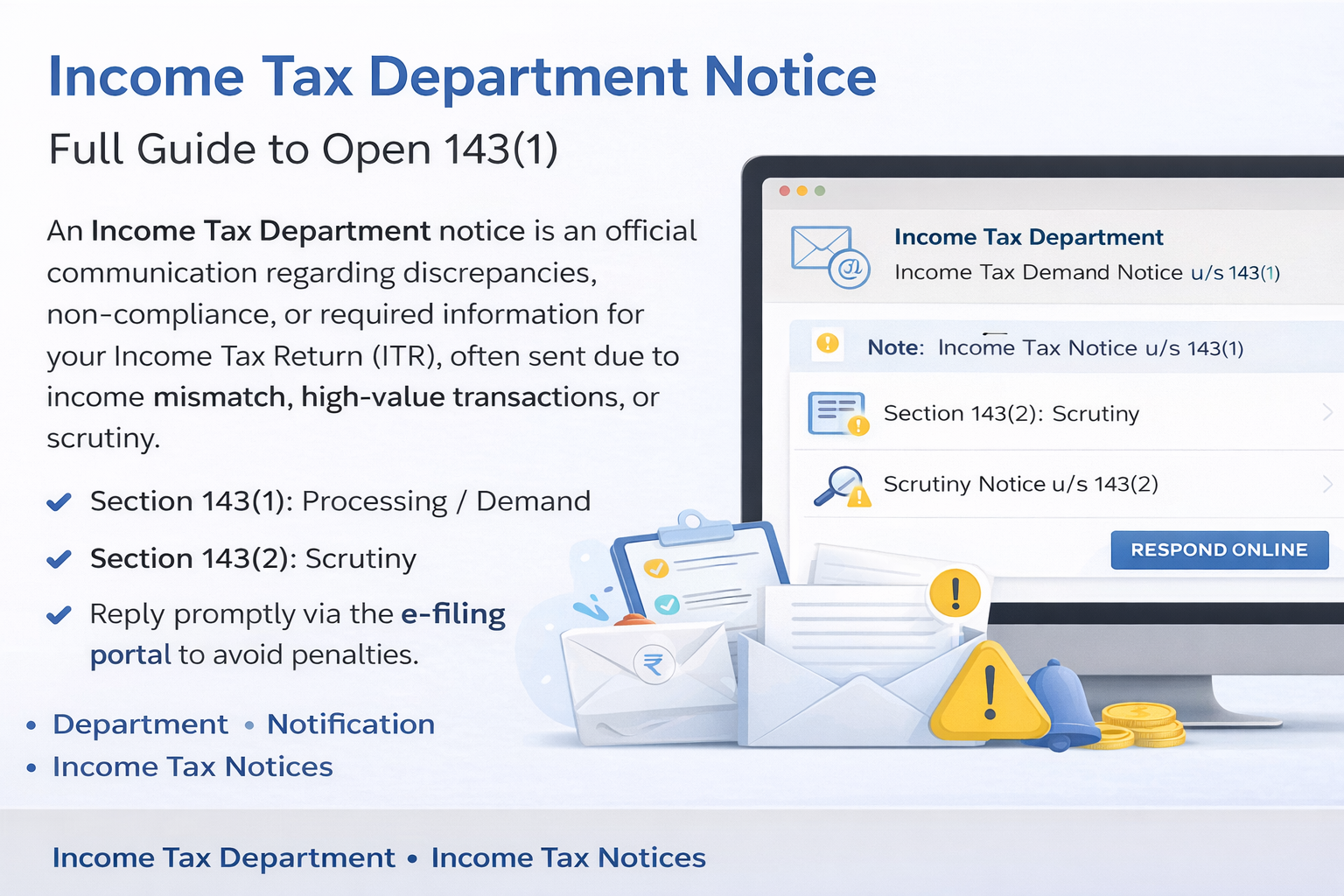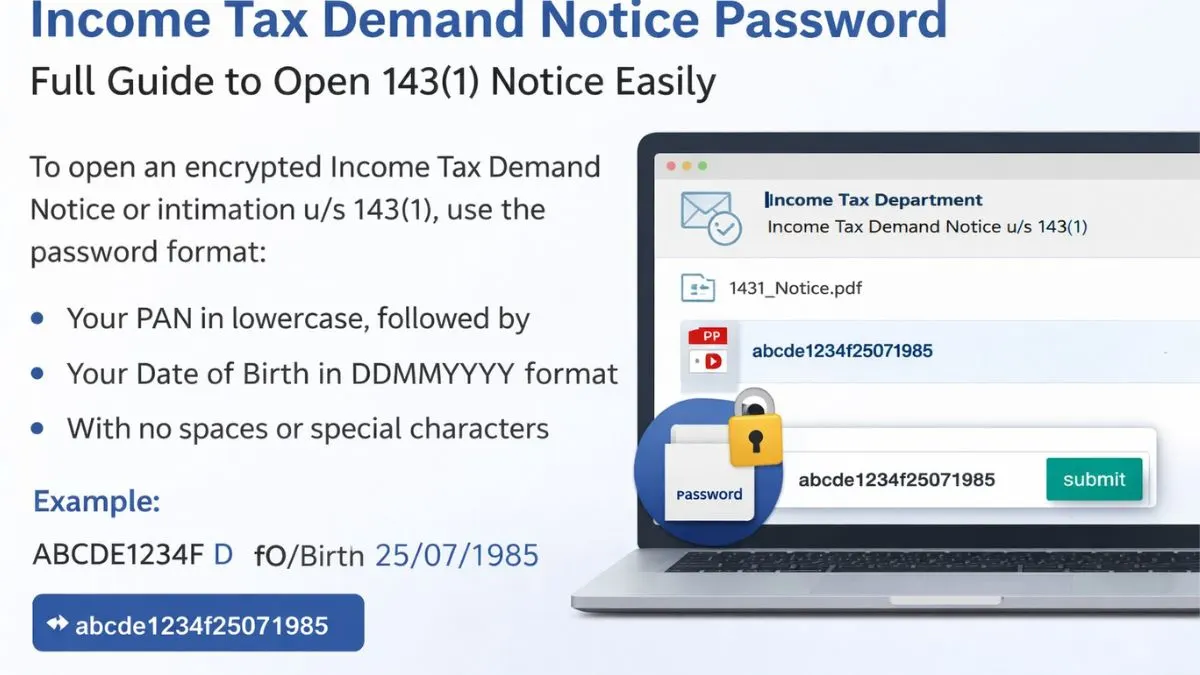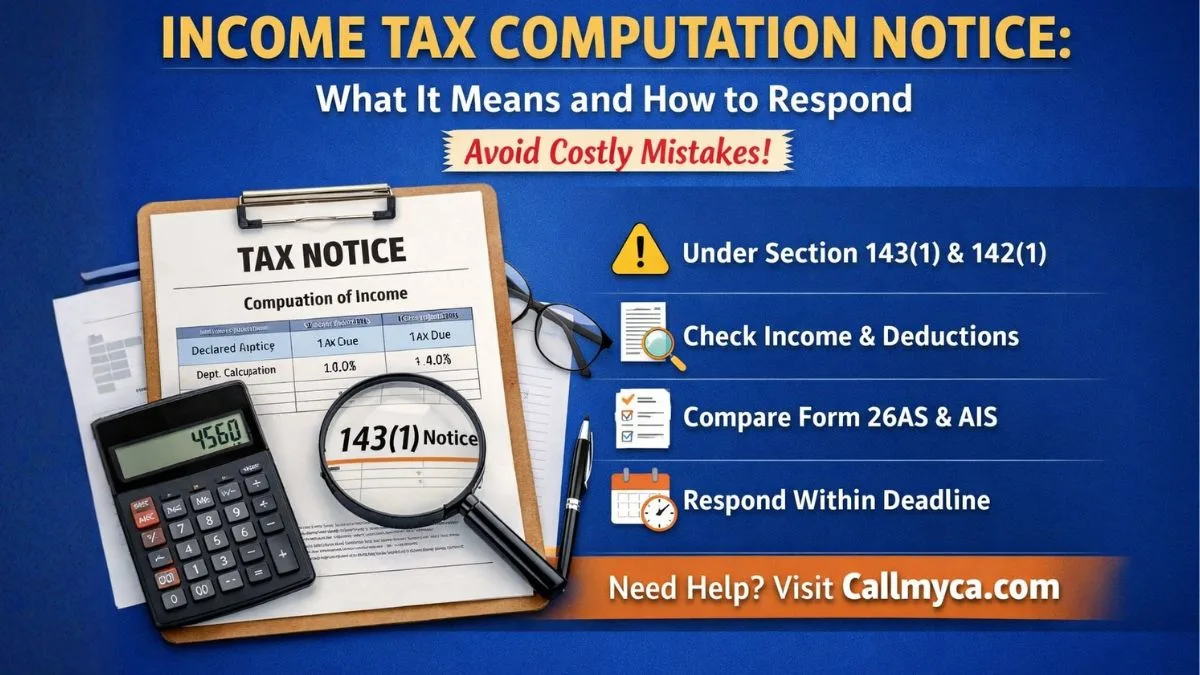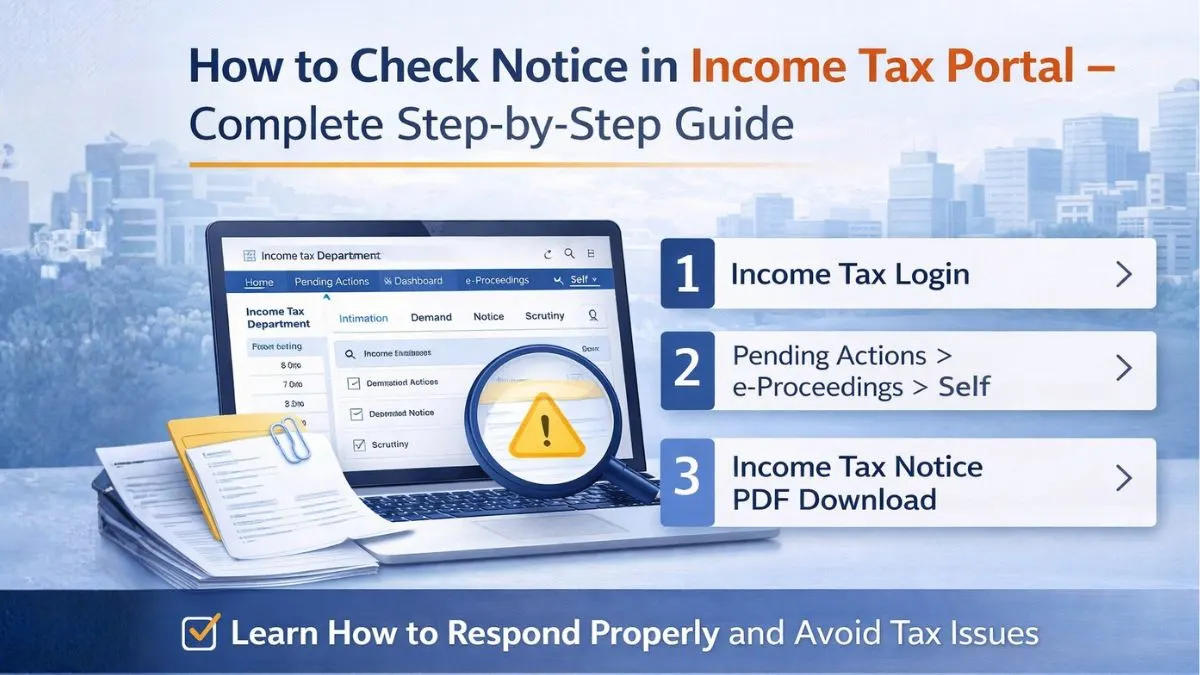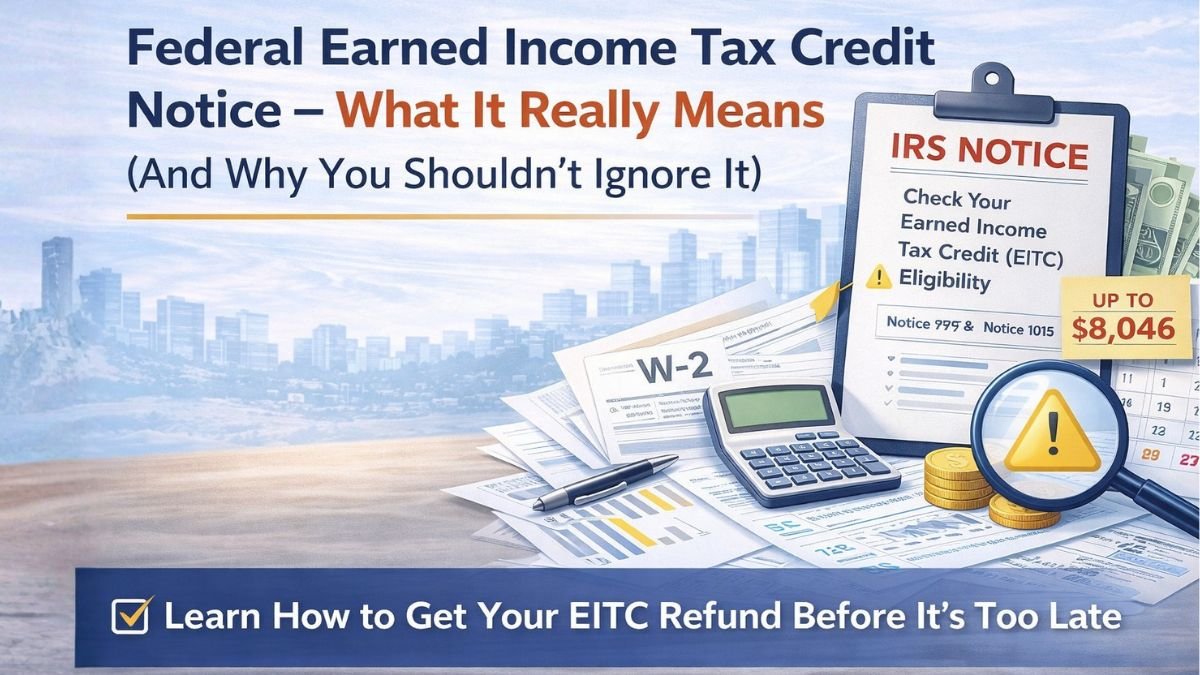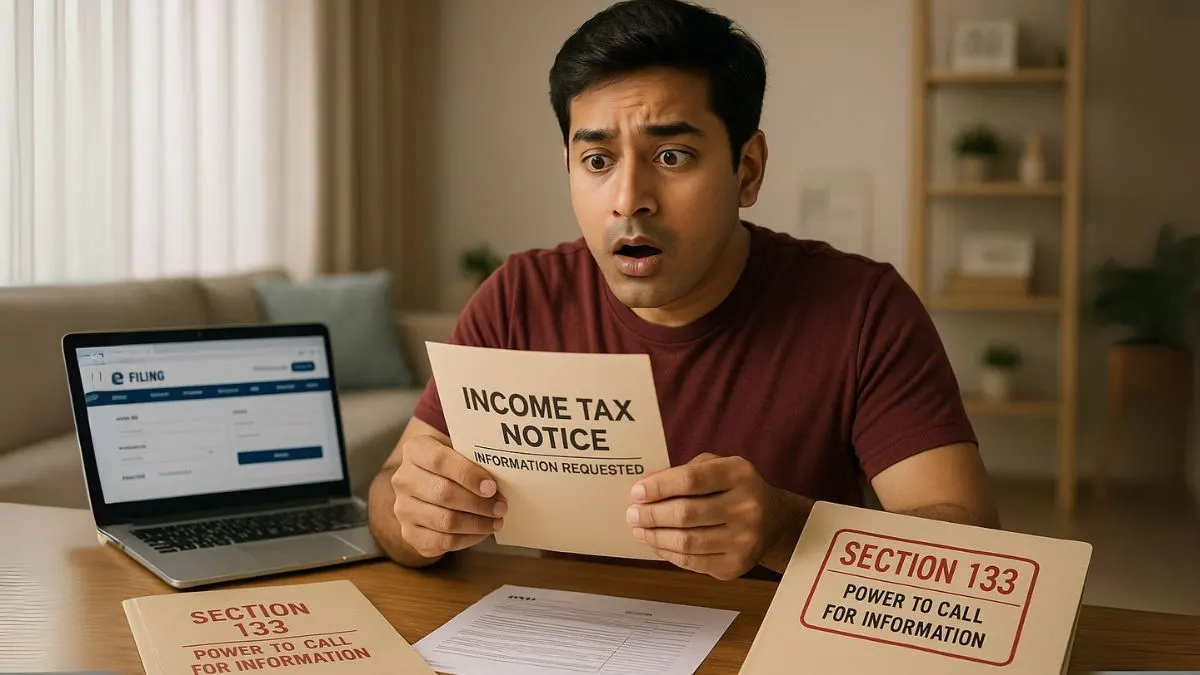
Filing your income tax return may feel like a routine task, but did you know there’s a provision that allows tax authorities to dig deeper into your financial world? Section 133, although not part of the return form itself, grants the department the power to request records & information—even from third parties—whenever they suspect discrepancies.
This isn’t about lowering your refund; it’s about ensuring the accuracy & transparency of your filings. For anyone who values compliance & honesty, understanding this section is essential.
A Closer Look at Section 133 of the Income Tax Act
Here’s a scenario: you’ve filed your ITR, claimed deductions honestly, & expected a smooth refund. But then a letter arrives—not for you directly, but addressed to your bank, broker, or even your child's school. That’s a Section 133(6) notice. Authorities can seek details like high-value transactions, unusual donations, or overseas remittances from any institution connected to your financial footprint.
So while the income tax return shows your declared data, Section 133 helps the department cross-check it against all external records."
Why This Matters for Your Filing
This law is not just for big businesses or corporations. Whether you’re salaried, freelancing, or earning rental income, Section 133 can touch your file. A sudden call for bank statements or property documents may not signal wrongdoing—it could simply be a cross-verification of a claim you made in your ITR.
These checks can lead to a smoother assessment, provided your returns & records align well.
Section 133 vs Section 131: Gentle Reminder vs Formal Summon
If you receive a notice directly because your filing seems off, that might involve Section 131, which gives officials court-like powers. But Sections 133(1), (2), or (6) are typically gentler, meant to gather information before deciding whether to open a formal inquiry or demand.
Think of it like a background check: they look at your paperwork across institutions first, before taking a deeper dive.
Common Triggers for Section 133 Checks
Some triggers are simple, like high-value cash deposits, huge TDS credits on your return, or visible discrepancies between income & lifestyle. But even legitimate transactions—such as gifting to children or savings for education—can draw attention if numbers stand out.
For example, tuition payments or foreign remittances for study purposes could trigger alerts when you file your return & claim that under Section 133, cross-verification.
How to Stay Prepared & Protected
- Keep meticulous records—bank statements, bills, property deeds, investment papers.
- Maintain consistency between your return & the documents companies hold.
- Respond promptly—if your child's school or bank gets a Section 133 request, comply quickly.
- Consult a CA if you spot discrepancies or feel unsure about documents collected via the notice.
Timely & accurate cooperation often clears up queries efficiently—no need to worry about penalties if everything aligns."
Why It’s More Than Just a Notice
Far from being a scare tactic, Section 133 helps maintain fairness in the tax system. It ensures that your returned figures match real-world transactions. And if everything checks out, you look good; if not, you still get time & clarity to correct things before any penalties.
If you’ve filed your income tax return & want peace of mind, or have received a call under Section 133 & feel uncertain, remember you don't have to tackle it alone. Our team at Callmyca.com specialises in decoding such notices, helping gather records, & ensuring your filings stand strong. Get clarity today—before it becomes tomorrow’s headache!

